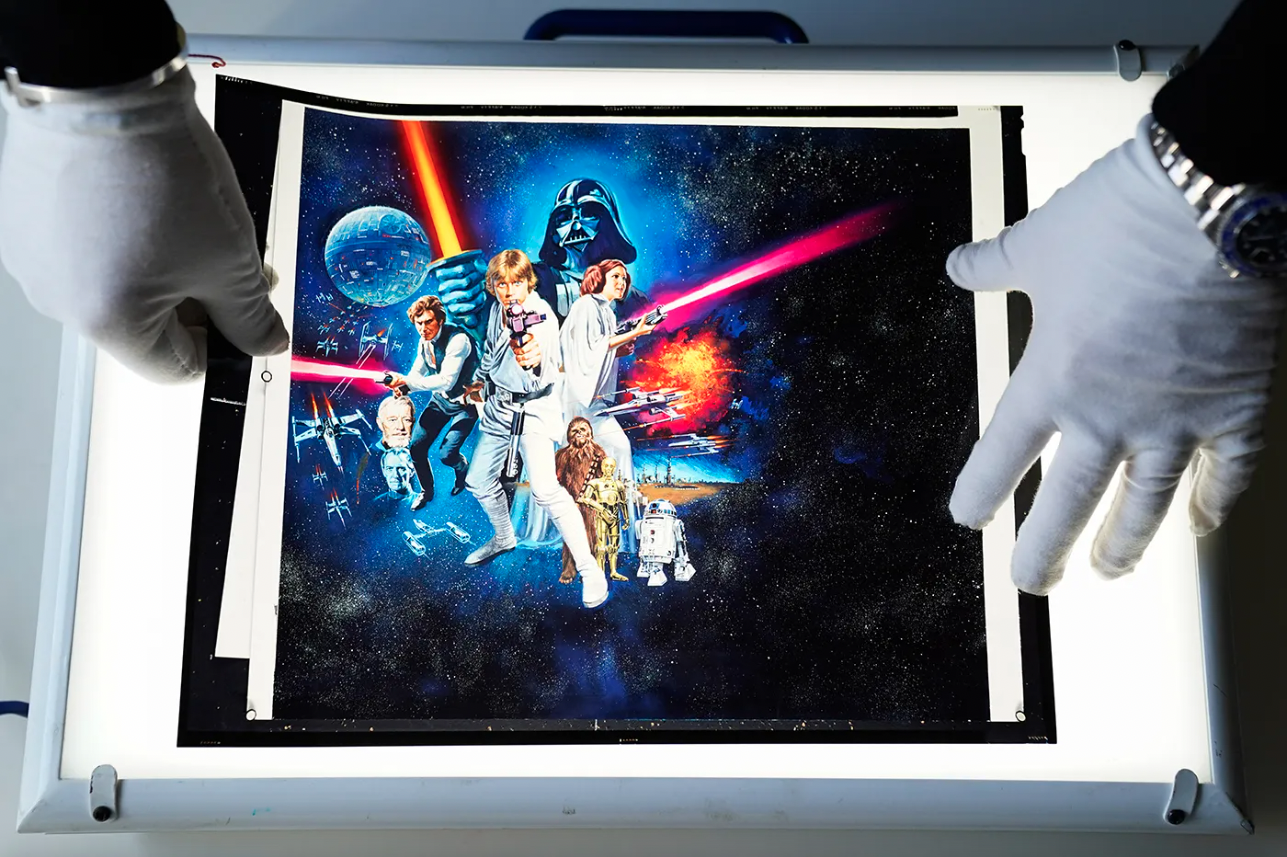Pop culture is full of instantly recognizable iconography, images and sounds that reach into our brains and pull us back in time. Hollywood has been mining the past for cinematic gold, increasingly relying on reboots, remakes and sequels.
The latest Star Wars show, “Obi-Wan Kenobi,” the super-sized fourth season of ‘80s homage “Stranger Things,” and “Top Gun: Maverick” came out within weeks of one another. “Jurassic World: Dominion,” which hit theaters this week, was not far behind. Why has nostalgia become a driving force for the entertainment industry and why do the pop culture properties of the past hold so much sway over us?
According to Juliet Davidow, the answer lies somewhere in our brains.
An assistant professor in psychology, Davidow works in Northeastern’s Learning and Brain Development Lab, specifically on research into adolescent brain development.
The reason fans continue to invest in films and TV shows that they first saw as children or adolescents may have something to do with how memory is formed, Davidow says.
“If you get these signals in your environment that something really good is happening or something really exciting or novel is happening, your brain is likely to encode that information,” Davidow says. “Then, we do know from a body of research looking retrospectively at adults that there are these reminiscent bumps, that teenage events tend to be the kinds of things that adults remember fondly.”
The human brain has a network of regions that work together to form and store memories, but, Davidow says, it takes time for that network to connect and develop. In adolescence, the neural network is still growing and getting stronger. Davidow says researchers have found that memories created during adolescence tend to get captured and encoded more strongly. This is especially true for memories associated with new, exciting experiences, like seeing a lightsaber ignite for the first time on the big screen.
Read more on News@Northeastern.

